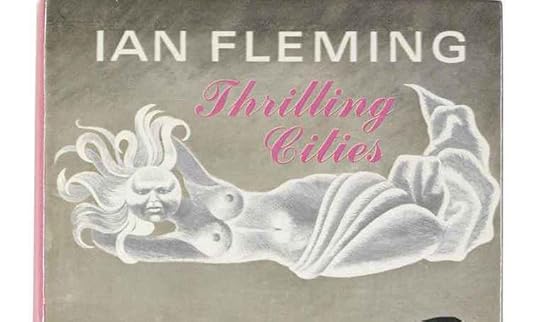What do you think?
Rate this book


207 pages, Mass Market Paperback
First published November 1, 1963

India has always depressed me. I can't bear the universal dirt and squalor and the impression, false I am sure, that everyone is doing no work except living off his neighbour. And I am desolated by the outward manifestations of the two great Indian religions.
Ignorant, narrow-minded, bigoted? Of course I am.
So that was that. I had gone round the world in thirty days, and all I had to show for the journey was a handful of pretty light-weight impressions and some superficial and occasionally disrespectful comment. Had I then, have I today, no more serious message for Britain from the great world outside?
Well, I have, but it is only a brief and rather dull exhortation to our young to 'Go East, young man!' See the Pacific Ocean and die!
What is so pleasant is that, combined with the delicious, always new sights and smells of 'abroad', there is a sense of achievement, of a task completed, when each target is reached without accident, on time and with the car still running sweetly. There is the illusion that one has done a hard and meritorious day's work (few women understand this—perhaps, poor beasts, because they have been only passengers).